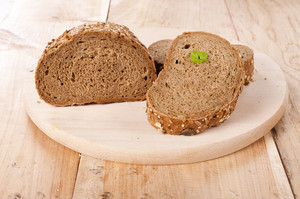Whole Food Diet – Why You Should Eat It

A whole food diet is a way of eating that focuses on consuming natural, unprocessed foods in their original form. These foods are grown without the use of chemicals, pesticides, or additives and are often referred to as organic or raw foods.
The main concept behind a whole food diet is to eat foods that are in their natural state, as close to how they are found in nature as possible. This means avoiding highly processed foods that have been stripped of their nutrients and filled with artificial ingredients. Instead, emphasis is placed on consuming fruits, vegetables, whole grains, legumes, nuts, and seeds.
Eating a whole food diet can have numerous health benefits. By choosing foods that are free from chemicals and additives, you are reducing your exposure to potentially harmful substances. Additionally, these natural foods are rich in vitamins, minerals, and antioxidants that support optimal health.
One of the advantages of a whole food diet is that it encourages eating seasonally. This means consuming foods that are in abundance during a particular time of year. For example, in winter, it is beneficial to eat hearty root vegetables and warming soups, while in the summer, fresh salads and juicy fruits are more readily available. Eating with the seasons not only ensures a varied and diverse diet but it also supports local agriculture and reduces the environmental impact of food production.
Cooking whole food meals can be simple and enjoyable. When preparing meals, it is recommended to choose organic fruits and vegetables whenever possible as they are grown without the use of chemicals. Thoroughly washing and sometimes peeling produce is important to remove any dirt or residue. If fresh produce is not easily accessible, frozen fruits and vegetables are a convenient option that still retain their nutritional value. Another option is growing your own produce, which can be both cost-effective and rewarding.
In addition to the health benefits, a whole food diet is often recommended for individuals with food allergies or sensitivities. By eliminating processed foods and focusing on natural foods, it becomes easier to identify and manage potential triggers.
In conclusion, a whole food diet is a way of eating that prioritizes natural, unprocessed foods in their original state. By embracing this approach, individuals can experience improved health, weight maintenance, and a greater connection to the food they consume.





